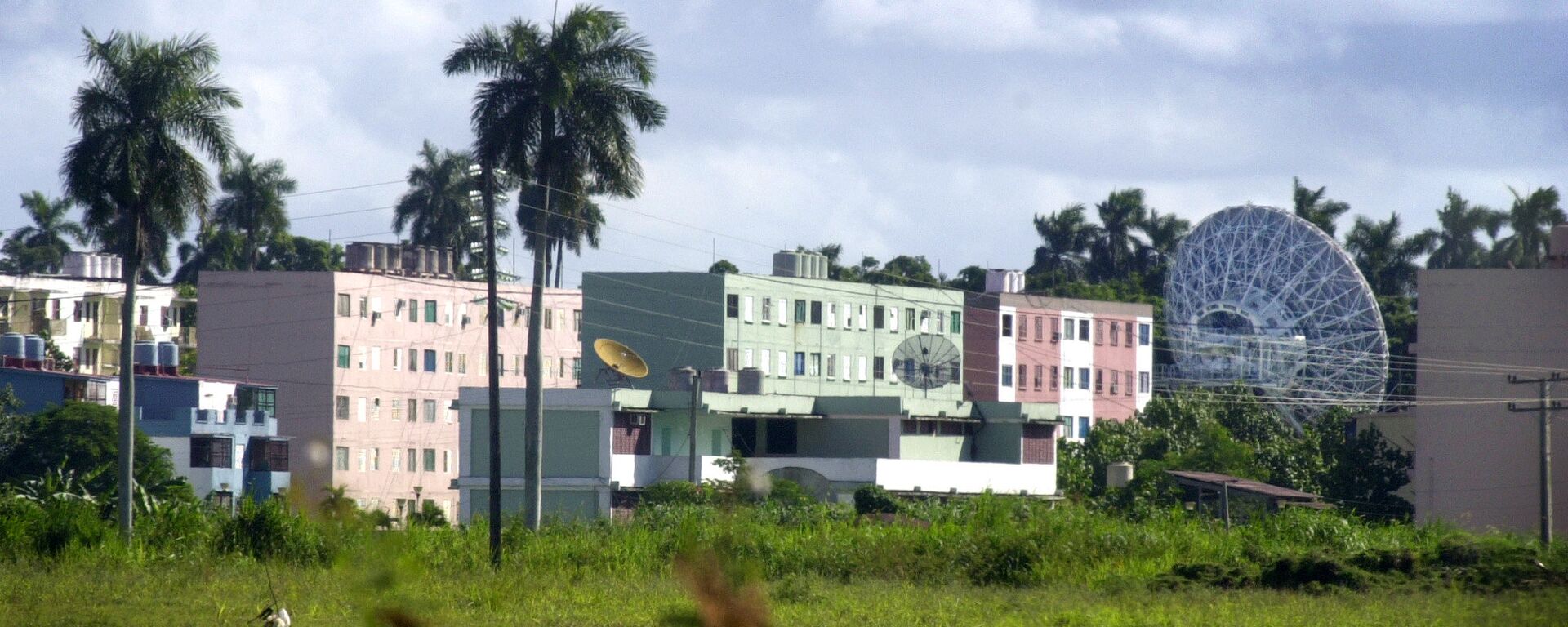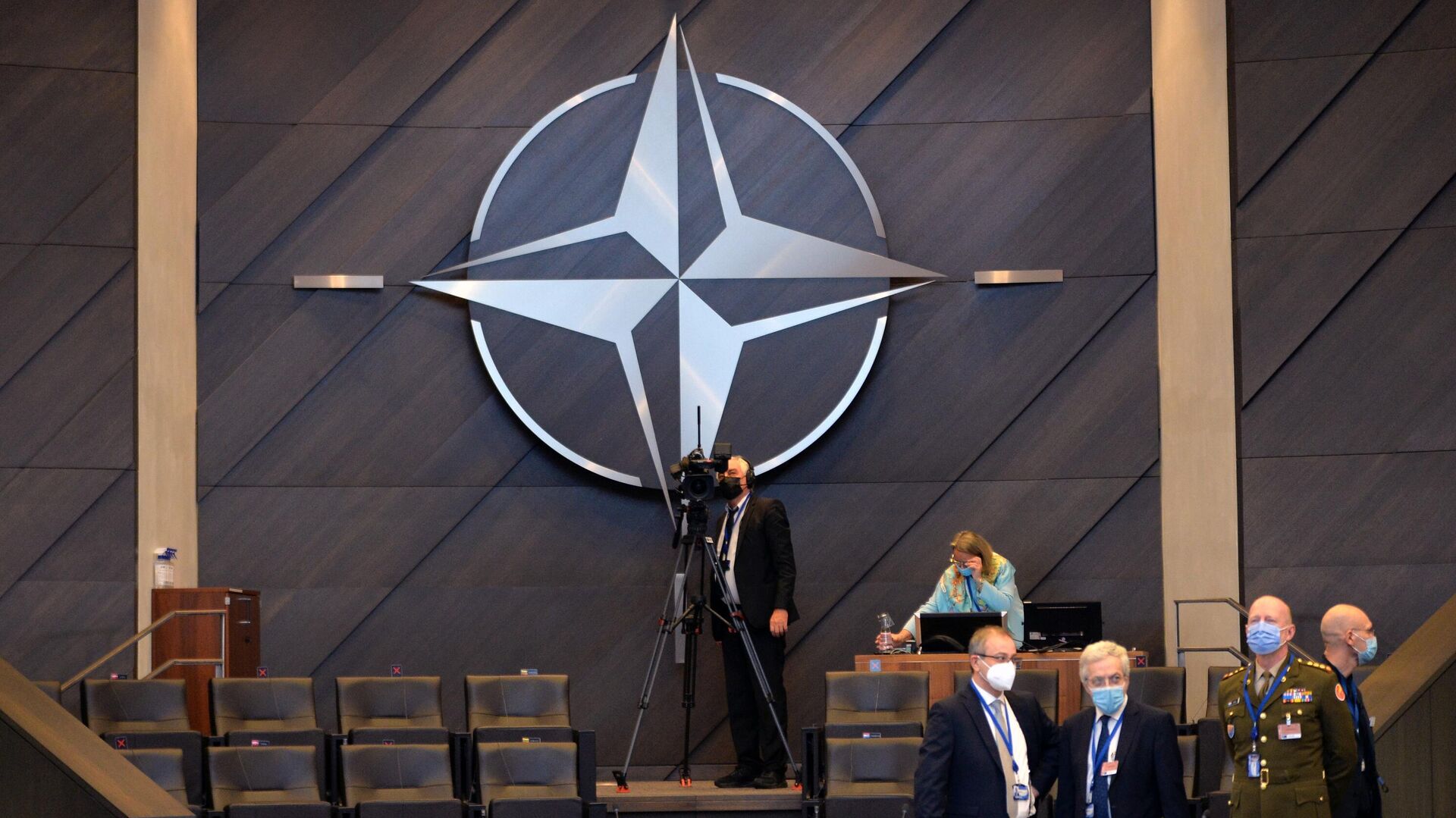https://sputnikglobe.com/20220128/russian-security-proposal-in-europe-unique-opportunity-to-make-big-deal-says-swiss-politician-1092580050.html
Russian Security Proposal in Europe Unique Opportunity to Make Big Deal, Says Swiss Politician
Russian Security Proposal in Europe Unique Opportunity to Make Big Deal, Says Swiss Politician
Sputnik International
The international political agenda has recently been overshadowed by the continuing row between Russia, NATO, and US over Ukraine. Last month, Russia outlined... 28.01.2022, Sputnik International
2022-01-28T14:14+0000
2022-01-28T14:14+0000
2023-01-08T16:49+0000
interviews
sergey lavrov
us
russia
nato
https://cdn1.img.sputnikglobe.com/img/07e6/01/0d/1092235122_0:223:2985:1902_1920x0_80_0_0_30e48c4f55af79ab5474677bd5cb2fc4.jpg
Guy Mettan, a Swiss politician, journalist, former executive director of the Geneva Press Club, and author of the book Creating Russophobia: From the Great Religious Schism to Anti-Putin Hysteria, reflects on the significance of the security guarantee proposals put forward by Russia and the role they could play in shaping the geopolitical future of Europe.Sputnik: There will be no compromise if the US misquotes Russia's reasonings, Lavrov said. Are all countries in the collective West ready for such a turn? How will the situation add to the split within Europe? Will it put Anglophones and other European nations on different sides of the trench?Guy Mettan: The Russian security proposals have two advantages. Firstly, they have made the rules of the game in Europe clearer while fixing red lines in case of further expansion of NATO in Ukraine and Georgia. And secondly, they have set the grounds for a review of the global security architecture on the European continent. This is a unique opportunity to make a Big Deal, and to turn definitively the page of the Cold War by making an official peace treaty, which was not done after the collapse of the Soviet Union because of Western greediness and feeling that the West had “won” the Cold War.Ukraine is certainly the pivot of this possible peace – or war. For the US, which has considered it as a pivotal piece for their dominance (See Wolfowitz-Cheney, Brzezinski or even Rumsfeld-Cebrowski doctrines) as well as for Russia, which is directly threatened in its vital interest by a Ukrainian NATO membership. The solution of the crisis is pretty simple: the application of the 2015 Minsk agreements and neutralization of Ukraine and Georgia on the model of Finland, Sweden, Austria or Switzerland. This is almost impossible to be accepted so far by the US, UK, Poland and Baltic countries. But there is a chance that France, Germany and other European countries such as Italy or Hungary could be more open to this perspective. And there are also signs that new reflections are on the way in some Washington circles, as it has been expressed in two articles in the January 2022 issue of the US review Foreign Affairs: “The Overstretched Superpower. Does America have more rivals than it can handle?” and “Time for NATO to Close Its Door. The Alliance is too big – and too provocative – for its own good”.So, there is still a narrow chance for negotiations to go on, as each side knows the costs of war will be very high for everybody and will divide Europe for decades.Sputnik: Russia will continue developing ties with Latin American states no matter how talks on security guarantees develop. What ties would be of primary interest for Russia in the current circumstances? How would the US perceive Russian activity in the Western hemisphere?Guy Mettan: In case of permanent tensions on European ground, it is clear that Russia will be, and should be, more present in Latin America but also in Africa and in central Asia. Russia has a positive image in those parts of the world, which are tired of the Western grip. In Africa, as it is the case in Mali and Central Africa, this is especially clear. In Latin America, Venezuela, Cuba, Nicaragua and maybe Mexico, Russia has a role to play too. US, France and European powers will not be happy but it would be their problem if they denied any partnership and peaceful relations with Russia on their own hemisphere. Sputnik: Lavrov mentioned that Russia will defend Russian journalists' rights, meaning RT Deutsch in particular. How would you explain Western media community bias when it comes to Russian journalists working either in Europe or in the US?Guy Mettan: We are living an information war for almost 15 years now. Since western media have been bought or supported by a few dozens of oligarchs in every country, such as Jeff Bezos’ Washington Post or Bill Gates donations, the diversity of the press has disappeared almost everywhere, including Germany. The information is provided by three news agencies, Reuters, AP and AFP which are ruled by Anglo-Saxon executives (including the French AFP!). This largely explains the common unilateral views expressed by western media. It is vital to continue the fight for pluralism and diversity. Sputnik and RT are playing a positive role in that respect and it’s uppermost important to support it.
https://sputnikglobe.com/20220125/kremlin-says-moscow-havana-have-synchronized-positions-amid-speculation-on-russian-base-in-cuba-1092500906.html
Sputnik International
feedback@sputniknews.com
+74956456601
MIA „Rosiya Segodnya“
2022
Sputnik International
feedback@sputniknews.com
+74956456601
MIA „Rosiya Segodnya“
News
en_EN
Sputnik International
feedback@sputniknews.com
+74956456601
MIA „Rosiya Segodnya“
Sputnik International
feedback@sputniknews.com
+74956456601
MIA „Rosiya Segodnya“
interviews, sergey lavrov, us, nato
interviews, sergey lavrov, us, nato
Russian Security Proposal in Europe Unique Opportunity to Make Big Deal, Says Swiss Politician
14:14 GMT 28.01.2022 (Updated: 16:49 GMT 08.01.2023) The international political agenda has recently been overshadowed by the continuing row between Russia, NATO, and US over Ukraine. Last month, Russia outlined security guarantee proposals in an attempt to reduce tensions and earlier this week received responses from NATO and US.
Guy Mettan, a Swiss politician, journalist, former executive director of the Geneva Press Club, and author of the book Creating Russophobia: From the Great Religious Schism to Anti-Putin Hysteria, reflects on the significance of the security guarantee proposals put forward by Russia and the role they could play in shaping the geopolitical future of Europe.
Sputnik: There will be no compromise if the US misquotes Russia's reasonings, Lavrov said. Are all countries in the collective West ready for such a turn? How will the situation add to the split within Europe? Will it put Anglophones and other European nations on different sides of the trench?
Guy Mettan: The Russian security proposals have two advantages. Firstly, they have made the rules of the game in Europe clearer while fixing red lines in case of further
expansion of NATO in Ukraine and Georgia. And secondly, they have set the grounds for a review of the global security architecture on the European continent. This is a unique opportunity to make a Big Deal, and to turn definitively the page of the Cold War by making an official peace treaty, which was not done after the collapse of the Soviet Union because of Western greediness and feeling that the West had “won” the Cold War.
The problem is that the West, and especially the US, are not ready to accept the fact that there is a limit to their relentless expansion. After years and years of antirussian propaganda in the media and by governments, and after decades of orange revolutions such the one which took place in Kiev in 2014, it’s hard for them to come back to the reality and accept the end of the dream of a world dominated by a western global hegemony.
Ukraine is certainly the pivot of this possible peace – or war. For the US, which has considered it as a pivotal piece for their dominance (See Wolfowitz-Cheney, Brzezinski or even Rumsfeld-Cebrowski doctrines) as well as for Russia, which is directly threatened in its vital interest by a Ukrainian NATO membership. The solution of the crisis is pretty simple: the application of the 2015 Minsk agreements and neutralization of Ukraine and Georgia on the model of Finland, Sweden, Austria or Switzerland. This is almost impossible to be accepted so far by the US, UK, Poland and Baltic countries. But there is a chance that France, Germany and other European countries such as Italy or Hungary could be more open to this perspective. And there are also signs that new reflections are on the way in some Washington circles, as it has been expressed in two articles in the January 2022 issue of the US review Foreign Affairs: “The Overstretched Superpower. Does America have more rivals than it can handle?” and “Time for NATO to Close Its Door. The Alliance is too big – and too provocative – for its own good”.
So, there is still a narrow chance for negotiations to go on, as each side knows the costs of war will be very high for everybody and will divide Europe for decades.

25 January 2022, 09:28 GMT
Sputnik: Russia will continue developing ties with Latin American states no matter how talks on security guarantees develop. What ties would be of primary interest for Russia in the current circumstances? How would the US perceive Russian activity in the Western hemisphere?
Guy Mettan: In case of permanent tensions on European ground, it is clear that Russia will be, and should be, more present in Latin America but also in Africa and in central Asia. Russia has a positive image in those parts of the world, which are tired of the Western grip. In Africa, as it is the case in Mali and Central Africa, this is especially clear. In Latin America, Venezuela, Cuba, Nicaragua and maybe Mexico, Russia has a role to play too. US, France and European powers will not be happy but it would be their problem if they denied any partnership and peaceful relations with Russia on their own hemisphere.
Sputnik: Lavrov mentioned that Russia will defend Russian journalists' rights, meaning RT Deutsch in particular. How would you explain Western media community bias when it comes to Russian journalists working either in Europe or in the US?
Guy Mettan: We are living an information war for almost 15 years now. Since western media have been bought or supported by a few dozens of oligarchs in every country, such as Jeff Bezos’ Washington Post or Bill Gates donations, the diversity of the press has disappeared almost everywhere, including Germany. The information is provided by three news agencies, Reuters, AP and AFP which are ruled by Anglo-Saxon executives (including the French AFP!). This largely explains the common unilateral views expressed by western media. It is vital to continue the fight for pluralism and diversity. Sputnik and RT are
playing a positive role in that respect and it’s uppermost important to support it.






